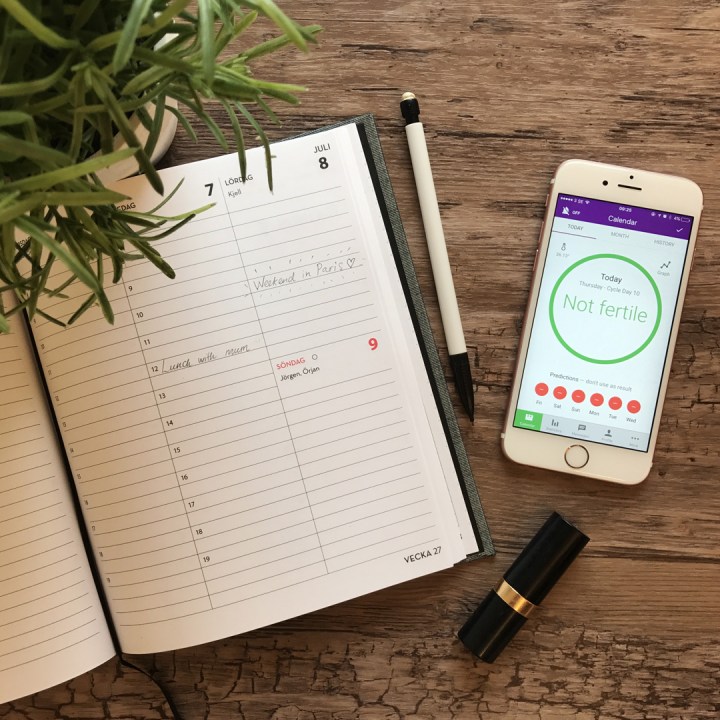
After receiving a statement from Natural Cycles claiming the MPA concluded there are no implications on behalf of the app or the way the product is being marketed, we reached out for confirmation from Swedish officials. The MPA clarified this is not correct and the investigation is still ongoing.
“The investigation of the Natural Cycles contraceptive is most ongoing. We have completed the first phase where we have requested the manufacturer’s response to the accident reports. Now the investigation goes on to the next step, which means that we collect information to be able to decide if any action is needed. Among other things, we want to see clinical data, risk analysis, and aftermarket control,” said Ewa-Lena Hartman, the Medical Product Agency’s group chief, in a statement.
Among a selection of 668 women who went to Sodersjukhuset, a hospital in Stockholm, Sweden, to undergo abortions, 37 of the unwanted pregnancies occurred while the women involved were using the app. While the reasoning behind why Natural Cycles didn’t work is still unclear, the complaint has led to the launch of a study by the Swedish Medicines Agency.
As the first such app to be certified as a contraceptive in the European Union, it’s allowed to be prescribed by doctors in the U.K. and Europe. But that doesn’t mean there is no room for error.
Natural Cycles sets out to provide women with a different form of birth control. Rather than relying on contraceptives such as condoms, the pill, or an IUD, the app tracks body temperature using an algorithm to detect a woman’s ovulation and fertile days — also infamously known as the rhythm method.
Using a basal thermometer provided, you are required to take your temperature first thing each morning and enter it into the app. You are also able to add additional data such as if and when you have your period or if you have taken an ovulation test — which analyzes the levels of luteinizing hormones in your urine to let you know when you’re the most fertile.
By tracking all of your data, the app will show you green days to indicate you’re not fertile and red days to indicate you are. That way, you know the exact days you can’t get pregnant and when you should use protection.
When the complaints first surfaced, Natural Cycles took to its blog in an attempt to clear the air. Within the post, the company explained the app is 93 percent effective under typical use and 99 percent effective under perfect use — where women use protection on each day they are fertile.
With 700,000 users all over the world, Natural Cycles also points out that an increase to its user base will also lead to an increase in unplanned pregnancies.
We reached out to Natural Cycles to clarify the press release sent out earlier this morning claiming the MPA closed all individual reports and will continue to update this story with more information.
Updated on January 30: Natural Cycles claims the Swedish Medical Product Agency has closed all individual reports related to unplanned pregnancies, but the MPA has confirmed the investigation is still ongoing.


